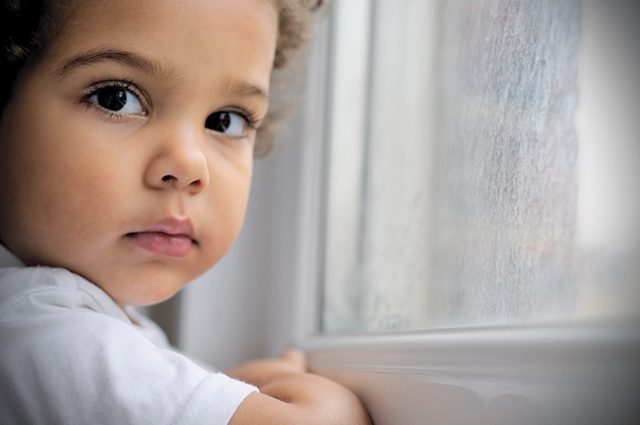Foster care is a deeply emotional topic that touches the hearts of many, but in recent years, the opportunity for at-risk children to be given a second chance has come under threat, due to a critical shortage of foster carers.
According to the latest Australian Institute of Health and Welfare (AIHW), across Australia, there are over 46,000 children and young people in out-of-home care. But there are simply not enough foster carers to cope with the demand, with only around 24,600 active foster and kinship care households across the country. And there is no sign of this shortage easing any time soon.
Foster care agency MacKillop Family Services has seen the number of enquiries from prospective carers in New South Wales – a key indicator of future carer numbers – decline by 51 per cent over the past three years. Other agencies are reporting a similar decline.
Whilst it is difficult to attribute this decline to any one cause, there is no doubt that COVID-19 has had an enormous impact. Not only did lockdowns increase the pressures on struggling families, but they also created a shift in mentality that is fundamentally at odds with the notion of foster care. Foster care is about opening your doors to a child in need, but during the COVID pandemic we were told to close our doors to the outside world.
The reduction in carer numbers has also limited the availability of ‘respite care’, which provides a much-needed opportunity for foster carers to have a break and recharge their batteries. Without the availability of respite, many carers have been simply unable to continue to care for the children.
The lack of available carers is creating significant challenges for the foster care system. In the most extreme cases, children risk being placed in short-term placements, forced to leave their community, or moved into staff-run residential care homes.
COVID-19 has challenged our sense of community and driven a temporary barrier between fundamental social connections. We need to work hard to ensure this sense of isolation does not become the new norm, and providing care for the most vulnerable children in our community is a good place to start.
You don’t have to be exceptional to be a foster carer. You simply need to have the capacity to provide a safe, loving home environment for a child in need. You may be single, young, a retiree, work full-time, be childless or have a big family already. Foster agencies need all kinds of carers.
To find out more about becoming a foster carer for a child in need please call MacKillop Family Services Foster Care Enquiry Hotline on 1300 791 677.

Weekender Newsroom
This post has been published by the team in our newsroom.

